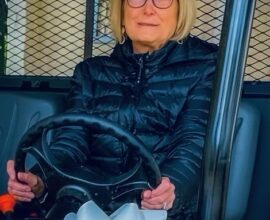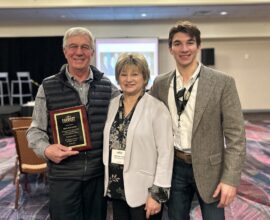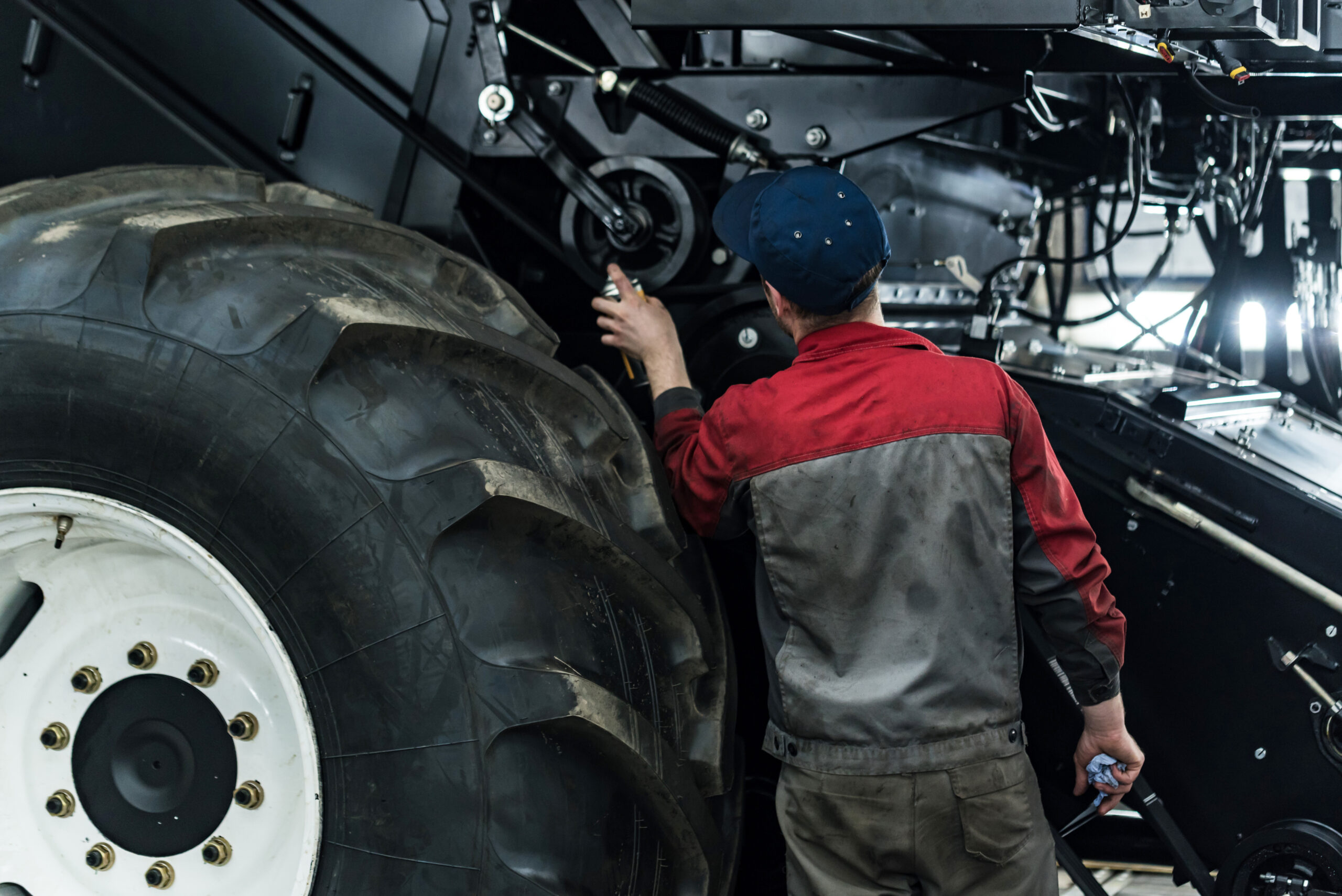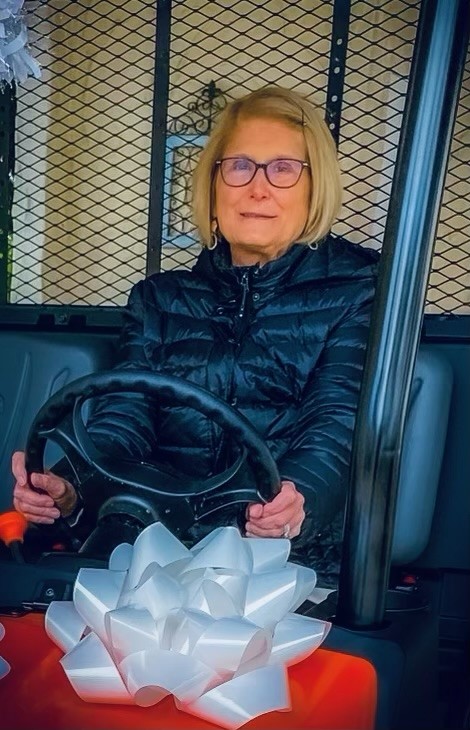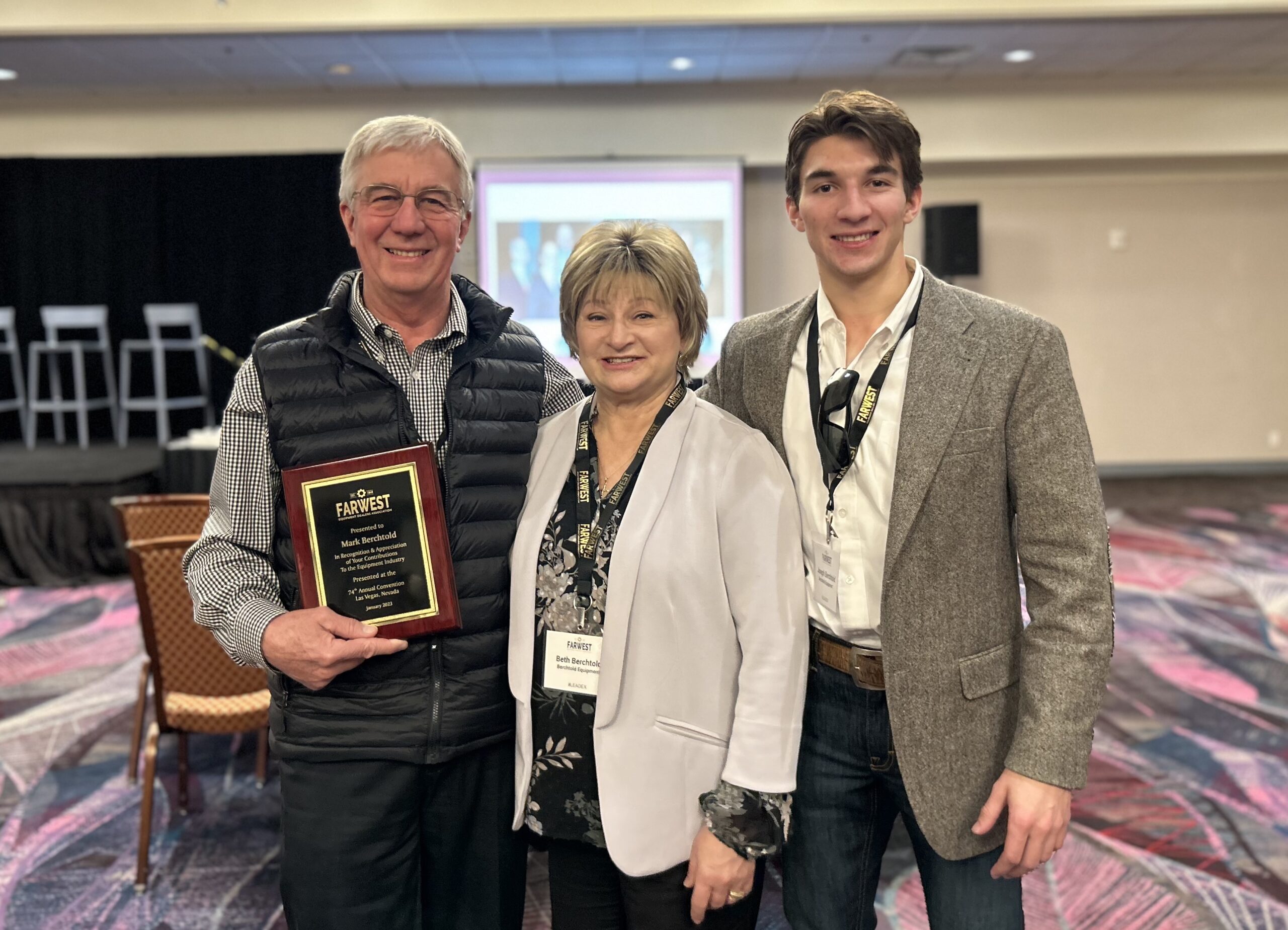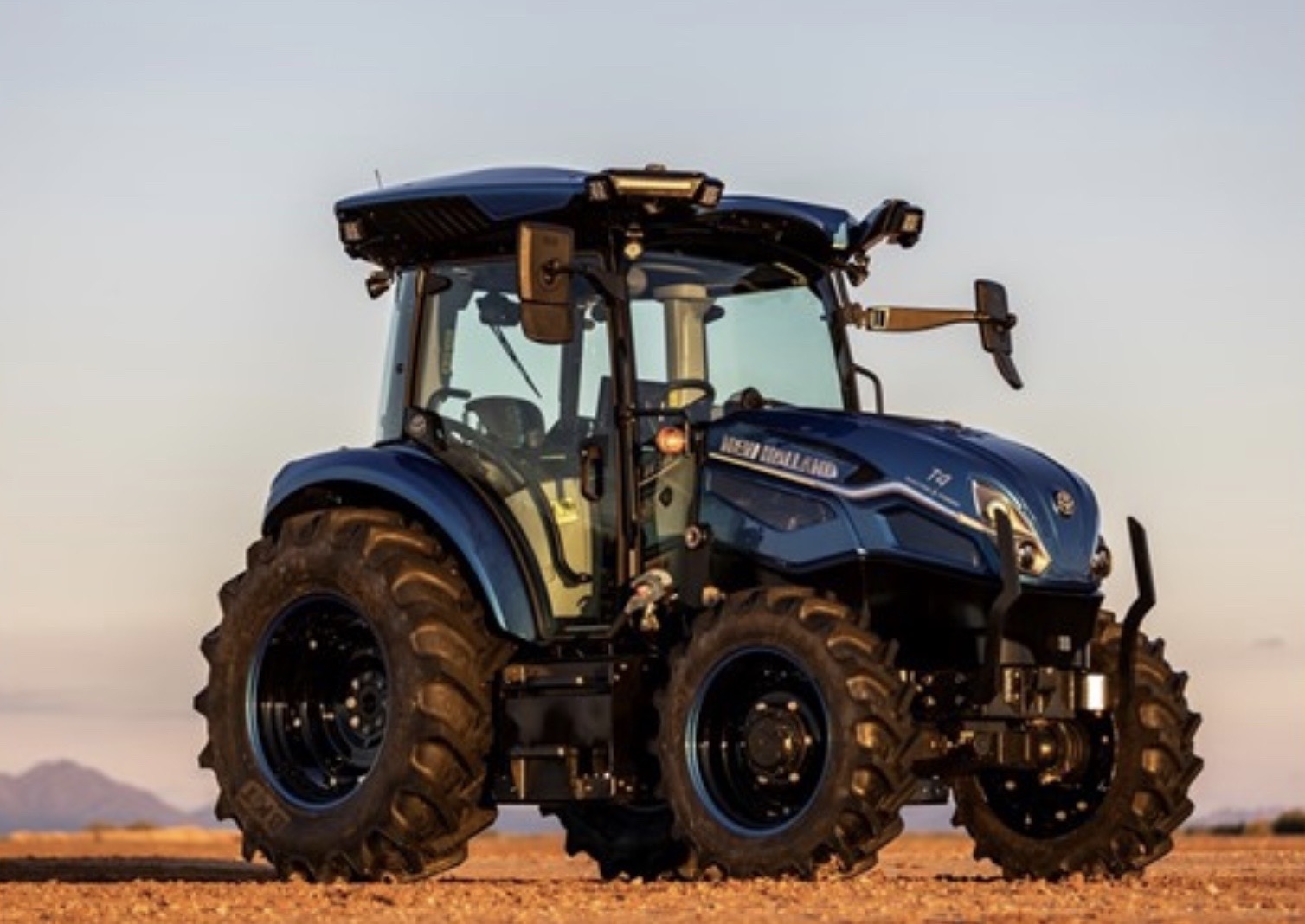Melissa Petersmann is a mechanic at 4Rivers in Cheyenne, Wyoming. She credits her father and growing up around equipment for her career choice. “My father is a very hardworking logger. He is the foundation for the drive I have now and my love for the challenge that being a mechanic presents. The thing I love the most about being a mechanic is the challenges of big jobs and the environment I get to work in.”
By Joani Woelfel
Recruiting talent for equipment dealerships can seem like navigating the perfect storm these days. Unemployment claims are at a 49-year low. The unemployment rate fell below 4 percent in recent months, its lowest since 2000. August continued a trend from the past several months of more than 200k new jobs created.
Despite job growth wages are not keeping pace with inflation. Statistics show participation in the labor force is unstable with a steady decline since the economic fallout of 2008. Labor force participation has hovered around 62 percent for the past two years.
Jordan Rodach of Ron’s Equipment, Fort Collins, Colo., conducts equipment classes with students from CSU and the University of Wyoming, Laramie.
Dealers find themselves competing with their own customers as precision equipment tests the technical talent pool. Increasing employment regulation adds pressure to the process, as do dealership consolidations and adapting to transitioning generations.
Industry leaders say the lack of experience and availability of skilled workers, knowledge voids, and industry-specific demands on suppliers and manufacturers are significant challenges. Among dealerships with active recruitment programs in place, hiring managers know the competition is stiff.
Company Culture
Building a successful recruiting and retention program requires a leadership team to be forward thinkers who care about creating an engaging company culture, said Lori Snider, Corporate HR Manager for Greeley-based 4Rivers Equipment.
“Baby boomers and millennials are polar opposites,” Snider said. “What has worked in the past is not going to work with future generations. Millennials have higher expectations and hold management accountable. They’re really looking at corporate culture: Are we talking the talk or walking the walk?”
4Rivers is raising the standard for managers, which includes how they communicate with others. “I’ve never seen an employee satisfaction survey that says we communicate too much,” she said. Managers must recognize the balance between soft and hard skills in job candidates, which is something you can’t see in a resume, Snider said. “There’s a lot of candidates who will have 50 percent of the skills we need; they may have great people skills and a positive attitude and the only way for managers to recognize this is to interview them.”
Team players typically have 50-50 in skills and attitude, which means they’re coachable, she added. The dealership is also focusing its efforts on recruiting former military members and gap training. “They have some training but not all we need,” Snider said.
4Rivers is working with a network of schools on a standardized recruitment package. Once a student successfully completes the program and goes to work, the company pays a percentage of the program cost every six months. The retention agreement is two years. “We want it to be 4Rivers focused,” she said.
Together with competitive pay and benefits, Snider said the company has seen increased retention year over year. “We consider ourselves leaders in the industry. We make sure we communicate about our benefits and our culture.”
Succession Planning
Bakersfield-based Kern Machinery couldn’t agree more about the value of recruiting attitude. “We hire for attitude and train for skill,” said Katie Camp Panici, marketing and promotions coordinator for Kern, which celebrates 50 years of business in 2019. “We found some really great people in unexpected places.”
The Camp family companies led by three brothers hired a succession planner five years ago that drives every aspect of their business. Her father, Clayton Camp, runs the John Deere and motorsports dealerships. “In every single position we plan for succession,” Katie said. “The second knows how number one works. That’s really set up our business for long-term success.”
Kern provides tuition assistance and professional development for managers. “We feel it’s better to promote from within,” she said. “We have a great team.”
Unable to find the skills they sought at job fairs, Kern grows its own technicians. “Sometimes tech people are not people, people,” she said. The company recruits young people out of high school to fill 10 internships during the summer months. The interns compete for four slots in John Deere’s service tech training program. Those selected receive tuition assistance to attend the two-year program, which includes classes and hands-on training at the dealership. They’re required to commit to three years working in exchange for tuition reimbursement.
Of 11 who’ve participated in the program, nine are employed at the dealership. The longest has been there six years. “It’s definitely a great retention rate, we’re very pleased with that,” Katie said. Retention across the board is notable. Kern’s GM has been there 35-plus years, with managers there 10 to 15 years, and some techs have been there 30 years. Decisiveness is key: “No one can return, ever.”
Interested family members compete for jobs in the family business. In fact, they must try harder. “We will not create a position for you, it has to be a position of need and maximum contribution to the business,” she said.
Family members go through the same hiring process as prospective employees with additional requirements. They must successfully complete a case study chosen by the board of directors. The HR director then interviews the individual with the family succession planner present, and the candidate meets with all three brothers to zero in on the appropriate position. He or she meets with the prospective manager, and the two brothers who are not a parent. The family member must complete a background check, submit a credit report and pass a physical fitness test. He or she participates in a final interview with all managers. Once selected, he or she can’t directly report to a parent.
Of 11 children who could work at the company, only Katie and her brother, Clay, Kern’s parts operations manager, have chosen to do so.
What are the most difficult positions to fill? “I think it’s challenging to get good sales people,” Katie said. “We could definitely use a few more sales people; good ones are really hard to come by.
Attracting people to work in rural areas is a significant hurdle. Kern struggled to retain staff in its Oregon and Idaho locations despite incentives, Katie said. With a population of 650k, Bakersfield is not exactly rural, but the city launched its “Be in Bakersfield” initiative to attract talent to the community, she said.
For several years she chose a career in the Bay Area working for a software firm until the company relocated to Austin, Texas. She wanted to be closer to family and her current position had been vacant for a while so she went through the family hiring process and returned to her hometown.
Back to Basics
Jordan Radach, sales manager for Ron’s Equipment in Fort Collins, Colo., echoes the difficulty in finding people to work in remote areas. It helps when rural dealership locations are close enough to commute to more urban areas like Fort Collins, Radach said.
Ron’s Equipment helps bridge the training gap by working with Colorado State University and more recently the University of Wyoming in Laramie to train students in Equine and Ag science and business programs how to use and operate machinery. The dealership also offers equipment safety classes.
“It’s surprising how many kids want to get into the business but don’t know how to operate machinery,” Radach said. “It’s hard for a college to throw them on the tractors we sell to the college, so we give them some space to do a crash course in operating equipment.”
The hope is students will become equipment operators and future customers, Radach said. Although they work with colleges, Ron’s Equipment doesn’t recruit from them. “This is definitely a niche market with older, more experienced sales teams,” he said. “Few who replace them bring the same enthusiasm.”
Technical skill is more important than ever, but many parents encourage tell their kids to choose a different profession, he observed.
“I didn’t grow up with parents who said I need to go to college and become an engineer. We need to get back to basics. A trade is for everyone. Engineering and accounting are not for everyone,” Radach said.
“What it really comes down to is this is a good trade,” he said. “Our retention is good. Our mechanics and service teams are strong.”



